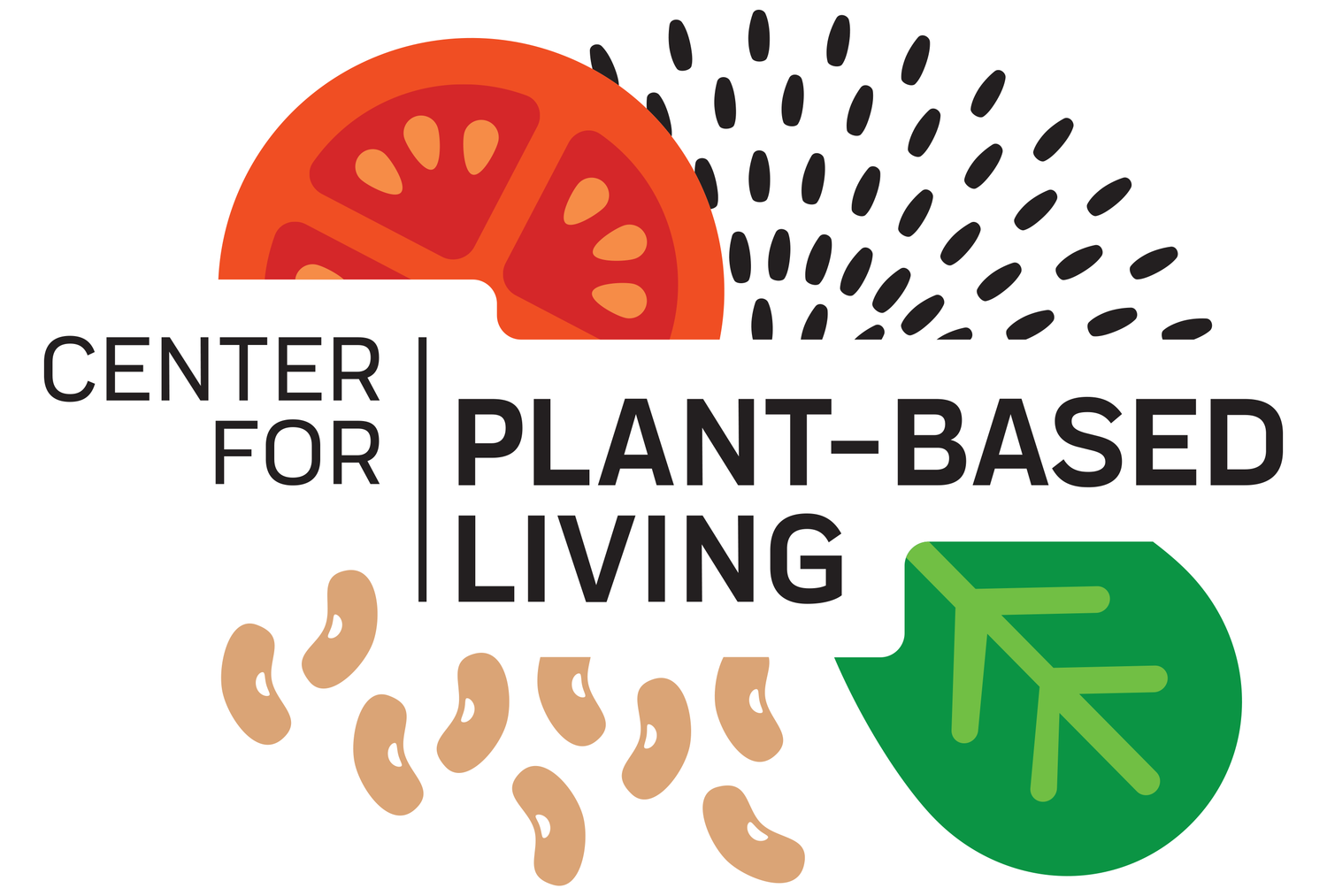THE DOC AND CHEF SHOW EP. 32: LENTILS // SUPPORTING SCIENCE AND THE RECIPE
Lentils: superpower for real weight loss!
Lentils are small, lens-shaped legumes that are a staple in cuisines around the world, due to their high protein and fiber content. They belong to the legume family, alongside beans and peas, and are praised for their health benefits. There are several different types of lentils, each with its own unique color, texture, and cooking time. The most common types include:
Brown Lentils: The most versatile and widely used, brown lentils hold their shape relatively well when cooked, making them suitable for a wide range of dishes, from soups to salads.
Green Lentils: These can vary in size and are slightly firmer than brown lentils. They have a peppery flavor and are ideal for salads and side dishes because they tend to retain their firm texture after cooking.
Red and Yellow Lentils: These lentils are split and cook more quickly than other types. They tend to break down during cooking, making them perfect for thickening soups and stews or making Indian dals.
Black Lentils: Also known as Beluga lentils, these are small, black, and have a rich, earthy flavor. They hold their shape well and are excellent for salads and side dishes.
Puy Lentils: Originating from the French region of Le Puy, these are a type of green lentil known for their peppery taste and firm texture. They are considered more gourmet and are often used in French cooking.
French Green Lentils (Lentilles du Puy): Similar to Puy lentils but grown outside the Puy region, they're not as expensive but still offer a similar peppery flavor and firm texture.
Each type of lentil is suited to specific culinary uses based on its texture, flavor, and cooking time, making lentils a versatile ingredient in the kitchen. Whether used in soups, stews, salads, or as a meat substitute in vegetarian and vegan dishes, lentils provide a nutritious, protein-packed, and fiber-rich addition to meals.
HEALTH BENEFITS
Lentils are an incredibly nutritious food that offers a multitude of health benefits, making them a valuable addition to any diet. Here are some of the key health benefits of consuming lentils:
Rich in Nutrients: Lentils are an excellent source of essential nutrients, including high-quality plant-based protein, dietary fiber, vitamins such as folate and thiamine (B1), and minerals like iron, potassium, and manganese. These nutrients contribute to overall health and well-being.[1]
High in Protein: As one of the best plant-based sources of protein, lentils are an excellent choice for vegetarians, vegans, and anyone looking to increase their protein intake without consuming meat. Protein is crucial for muscle repair, growth, and overall body function.[2]
Promotes Heart Health: Lentils are beneficial for heart health due to their high fiber content, which can help lower cholesterol levels. They also contain significant amounts of folate and magnesium, which are known to improve heart health by helping maintain blood pressure and reducing the risk of heart disease.[3]
Aids Digestive Health: The dietary fiber in lentils helps prevent constipation and promote a healthy digestive system. Regular consumption of lentils can improve gut health by enhancing bowel movement and fostering a healthy gut microbiome.[4]
Helps Control Blood Sugar Levels: Lentils have a low glycemic index (GI), which means they cause a slow and steady rise in blood sugar levels rather than a spike. This makes them an ideal food for managing blood sugar levels and supporting diabetes management.[5]
👉Some people experience a "second day effect" after consuming lentils. This refers to the improved blood sugar response and greater feelings of fullness experienced the day after consuming lentils or other high-fiber, complex carbohydrate foods like beans and whole grains. This phenomenon is attributed to several factors, including the high fiber content and the presence of resistant starch in lentils.[6]
👉Supports Weight Management: The combination of high protein and fiber in lentils can increase feelings of fullness, leading to reduced calorie intake and aiding in weight management or weight loss efforts.[7]
Rich in Antioxidants: Lentils contain antioxidants such as flavonoids, which help combat oxidative stress and reduce inflammation in the body. This can protect against chronic diseases and contribute to overall health.[8]
May Reduce the Risk of Cancer: Some studies suggest that regular consumption of lentils and other legumes may reduce the risk of certain types of cancer, such as colorectal cancer, thanks to their high fiber content and antioxidants.[9]
SUMMARY
Incorporating lentils into your diet is a simple way to boost your intake of essential nutrients while reaping the diverse health benefits they offer. They're versatile, easy to cook, and can be used in a wide range of dishes from soups and stews to salads and side dishes, making them a staple ingredient for health-conscious individuals.
[1] https://fdc.nal.usda.gov/fdc-app.html#/food-details/172421/nutrients[2] Foods. 2019 Sep 4;8(9):391[3]CMAJ May 13, 2014 186 (8) E252-E262[4] Nutrients. 2022 Apr 21;14(9):1726.[5] Eur J Nutr. 2022 Mar;61(2):809-824.[6] J Nutr Metab. 2012;2012:829238.[7] Int J Mol Sci. 2017 Nov 10;18(11):2390.[8] Int J Mol Sci. 2017 Nov 10;18(11):2390[9] Cancer Causes Control. 2009 Nov;20(9):1605-15.THE EPISODE
THE RECIPE
Join our community and become a member!
Our membership is built like a streaming service - you get a full library of plant-based cooking classes to watch whenever you want. PLUS, you gain access to upcoming interactive virtual cooking classes and a monthly accountability group call.
As a member you get:
Complete library of all past virtual classes - stream them whenever you’d like!
Free access to upcoming virtual classes with both Chef Caryn and Dr. Loomis!
Library of easy and quick recipes: 150 and growing
Access to private Facebook group
Monthly accountability check-in and support group Zoom call with Caryn
Quarterly “Ask the Doc” call with Dr. Jim Loomis, our Medical Director
A community of support
To learn more, please visit us here.


